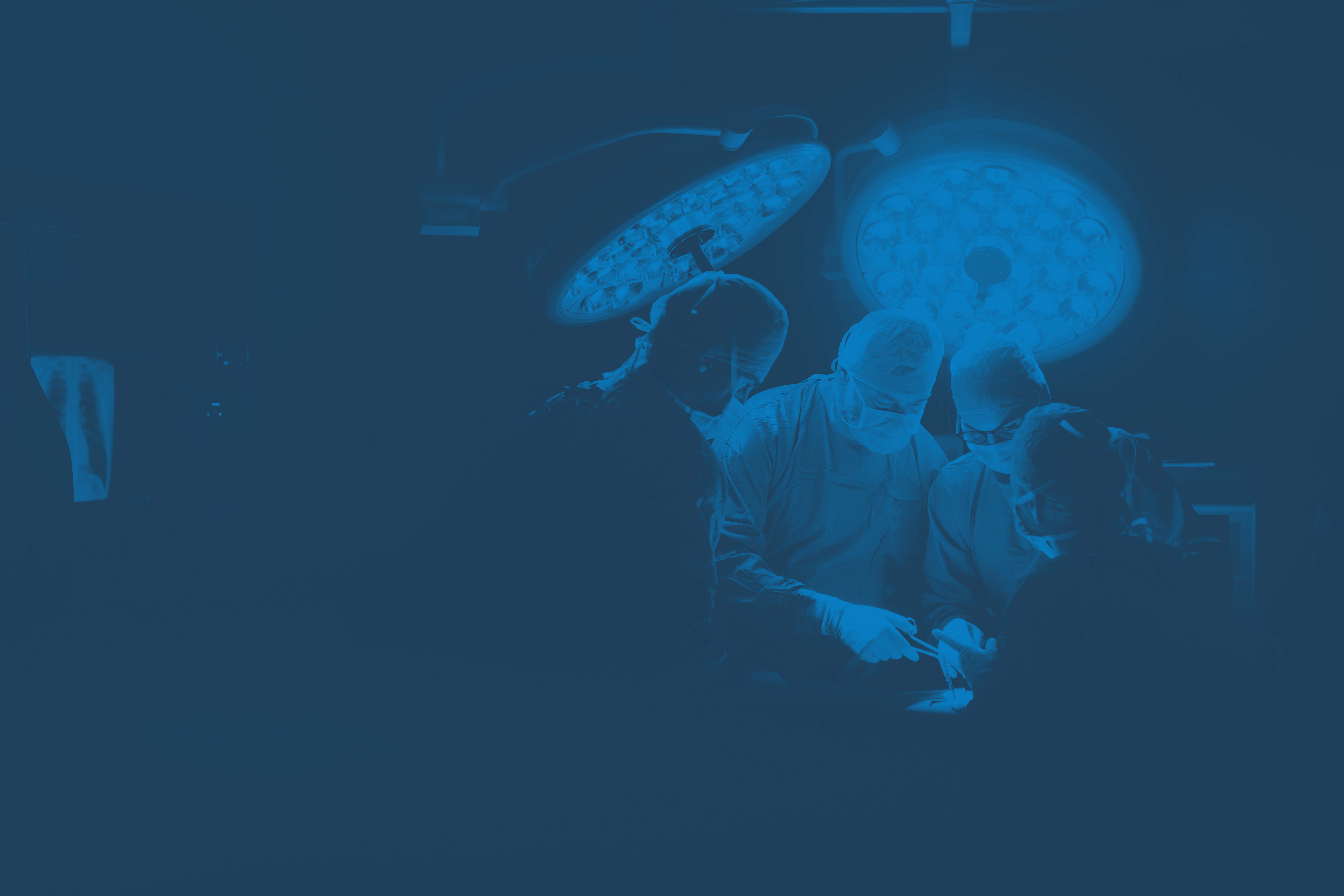

SPECIALTYCARE’S AUTOTRANSFUSION (CELL SAVER) SERVICES
Hospitals and patients benefit from Autotransfusion services. Autotransfusion (the practice of using a patient’s own blood for a transfusion) can safely replace the practice of using donated blood transfusions in many instances.
·Donated blood can be very costly to hospitals and patients
·Donated whole blood and red blood cells lose function and fluidity in storage
· Autotransfusion offers the patient’s own fresh red blood cells and reduced risk of infection and complications*
* Complications of blood transfusion. Melanie J Maxwell, FRCA, Matthew J A Wilson, MD MA BM ChB FRCA. Continuing Education in Anaesthesia Critical Care & Pain, Volume 6, Issue 6, December 2006, Pages 225-229, https://doi.org/10.1093/bjaceaccp/mkl053 Published: 01 December 2006
NEED ASSISTANCE CREATING A PROGRAM THAT FITS ALL OF YOUR NEEDS?

CAREERS IN AUTOTRANSFUSION (CELL SAVER)
We supply trained Autotransfusionists who are focused on ensuring that the patient receives the highest quality of service. We provide reporting on patient recovery and length of stay.
SpecialtyCare’s Autotransfusion Technicians provide a rapid solution when blood is needed quickly. A patient’s own red blood cells can be returned to him or her in just three to five minutes. With an immune response unlikely, a decreased risk of infection, a reduced morbidity rate, possibly lower length of stay, and no need for blood bank reserves, patients can experience potentially significant cost savings and, most importantly, improved outcomes. The research is clear: Autotransfusion is a much safer and more economically sound replacement for donated blood transfusions, making it a wise investment for healthcare providers.
SpecialtyCare continues to grow and we would love for you to grow with us. Check out the full listing of employment opportunities nationwide.
615-461-4713

AUTOTRANSFUSION (CELL SAVER) RESEARCH & DATA
Because we support more than 1,200 hospitals and nearly 500,000 procedures across our service lines each year, SpecialtyCare has the industry’s largest multi-institutional operative registry. Our SCOPE™ database enables us to conduct unparalleled clinical research. This allows our medical office to identify and disseminate emerging trends and best practices. We track and report first-case start delay, participation in surgical timeout, incision time, closure time, and the time the surgeon leaves the operating room. We are consistently improving the quality of our services to ensure patients are receiving the best care possible.